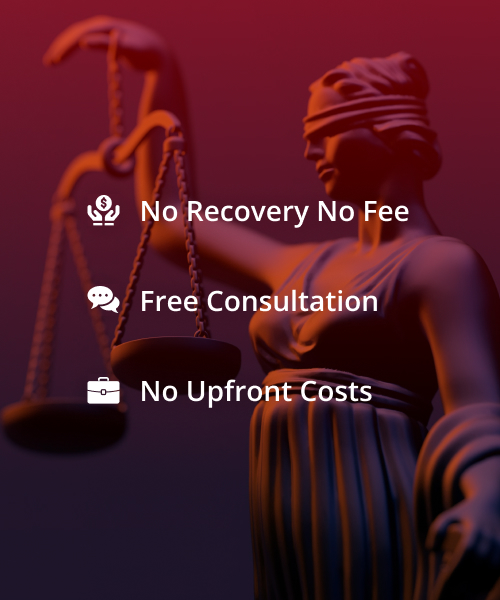- Free Case Evaluation: (305) 577-3777 Tap Here to Call Us
Avoiding Loss of Medicaid Benefits from a Personal Injury Settlement

Jeffrey R. Davis, P.A. has obtained a 7-figure result for the family of an injured baby resulting from a crash involving a tractor trailer. The injured baby is facing a lifetime of medical care and currently has Medicaid benefits.
The Affordable Care Act established a new methodology for determining income eligibility for Medicaid, which is based on modified adjusted gross income. Modified adjusted gross income is used to determine financial eligibility for Medicaid and/or government benefits.
Modified adjusted gross income or MAGI based methodology considers taxable income and tax filing relationships to determine financial eligibility for Medicaid. MAGI replaced the former process for calculating Medicaid eligibility, which was based on the methodologies of the AID TO FAMILIES WITH DEPENDENT CHILDREN (AFDC) PROGRAM that ended in 1996. The MAGI based methodology does not allow for income disregards that vary by state or by eligibility group, and does not allow for an asset or resource test. Typically, Florida residents can have a maximum income level per year of $15,800. Additionally, gross monthly income cannot exceed $2,250. In addition to an “income test” there is also an “asset test”. Applicants for Medicaid cannot own countable assets in excess of $2,000 ($5,000 if income is under $885 per month) in addition to certain exempt and non-countable assets.
So how can a victim of an accident successfully make a claim for damages or receive settlement or judgment without losing their Medicaid benefits? The answer lies in a Special Needs Trust.
A special needs trust qualifies as an exception to the rules normally counting trusts as resources for disabled individuals for SSI and Medicaid purposes pursuant to Social Security Administration’s Program Operations Manual section SI 01120.203B.1 and pursuant to the Florida Department of Children’s and Families ACCESS Florida Program Policy Manual §1640.0576.09, referred to as Qualified Disabled Trusts. Special needs trusts are authorized to be created pursuant to 42 U.S.C. §1396p(d)(4)(A) which states:
A Trust containing the assets of an individual under age 65 who is disabled (as defined in section 1614(a)(3)) and which is established for the benefit of such individual by a parent, grandparent, legal guardian of the individual, or a court if the State will receive all amounts remaining in the trust upon the death of such individual up to an amount equal to the total medical assistance paid on behalf of the individual under a State plan under this title (emphasis added).
Funds held in such a Special Needs Trust will be used to supplement the injured party’s care while preserving future eligibility for public assistance benefits. A Special Needs Trust is used to avoid depletion of the settlement proceeds. Typically, an institutional Trustee is named to administer the benefits. A Special Needs Trust allows certain items and expenses that are not covered by Medicaid to be provided to the injured party without risk of jeopardizing the Medicaid benefits.
Financial instruments such as trusts need to be established by sophisticated attorneys and advisors that specialize in this highly technical field.
At Jeffrey R. Davis, P.A. we work with guardianship, probate and trust attorneys and organizations that administer and manage these complex financial arrangements to protect our client’s settlement proceeds, avoid unnecessary tax ramifications and preserve all insurance and governmental benefits. If you have been injured in an accident or other event and are in need of legal assistance but are afraid that making a claim will result in the loss of benefits, please contact Jeffrey R. Davis, P.A. for a free consultation. Our law firm has experience in protecting the rights of our clients to ensure they are made whole without risking the loss of their insurance benefits, Medicaid benefits or other governmental programs.









